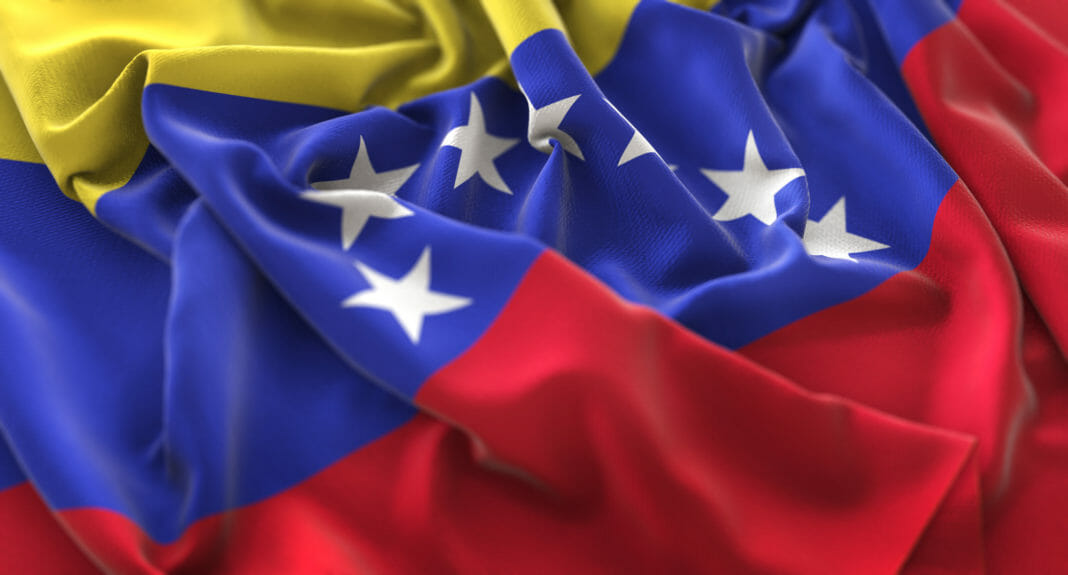The equipment arrived in Puerto Ordaz, the National Guard reported. The case received an order of prosecution and the cryptocurrency superintendency.
The Bolivarian National Guard of Venezuela (GNB) retained at least 76 pieces of equipment for Bitcoin mining after detecting the miners’ documents’ inconsistencies. The procedure took place in Bolívar state at a control point on the Angostura Bridge.
The miners arrived at Puerto Ordaz in a Ford-type 350 truck, Triton model, A50B1N plates, and white. Military officials then stopped the car to carry out routine inspections and routine checks and verify the corresponding documents.
Once the inspection got its completion, the personnel assigned to Detachment No. 621 concluded that there is a suspicion of forging permits. The documents presented inconsistencies for the circulation, possession, and operation of the Bitcoin miners, according to a press release published by Zone Command No. 62.
The transport unit was at Wilson Eduardo Olivares Ravelo’s hands, who appears to have been detained by the authorities and placed under the Public Ministry’s order. The military command also alerted The National Superintendency of Crypto Assets and Related Activities (Sunacrip) about the retention.
Details about the retained equipment, models, processing capacity, and what would now be its destination are still unclear.
Each compartment would have at least six pieces of equipment for mining Bitcoin and cryptocurrencies, so the number of miners would be higher than what official statements counted. The authorities suspect that those retained tools are part of a larger farm.
How Bitcoin mining is Happening in Venezuela
Bitcoin mining in Venezuela is a legal activity, but it needs corresponding permits to work correctly. Sunacrip is the entity in charge of supervising all activities related to mining in the country. It does so through the Intendancy for Digital Mining.
Sunacrip manages the Comprehensive Registry of Miners (RIM), in which up to seven types of licenses are in establishments to supervise the activity. The procedures cover all mining areas and include a set of permits for importing equipment, permissions for use, hosting, marketing, manufacturing, authorization for internet service, and even technical service.
In the past, Venezuelan security agencies have seized hundreds of equipment alleging lack of official permits. CriptoNoticias reported in July 2020 that more than 300 Antminer S9 model miners faced detainment for this exact reason in Bolívar state.
Those who carry out activities related to digital mining, without the necessary permits, could face up to $ 18,000 in fines, payable in Petros, according to what establishes in the Constituent Decree on the Comprehensive Cryptoassets System.
Cryptocurrencies as an Alternative to Evade the Blockade
Nicolás Maduro has raised the “Anti-Blockade Law,” a legal body where, among other relevant aspects, the use of cryptocurrencies seems to serve as alternatives to evade the sanctions imposed against him and obtain financing from international allies. The mechanisms through which cryptocurrencies work to achieve these objectives are still a subject of discussion in the crypto world.
By: Jenson Nuñez











